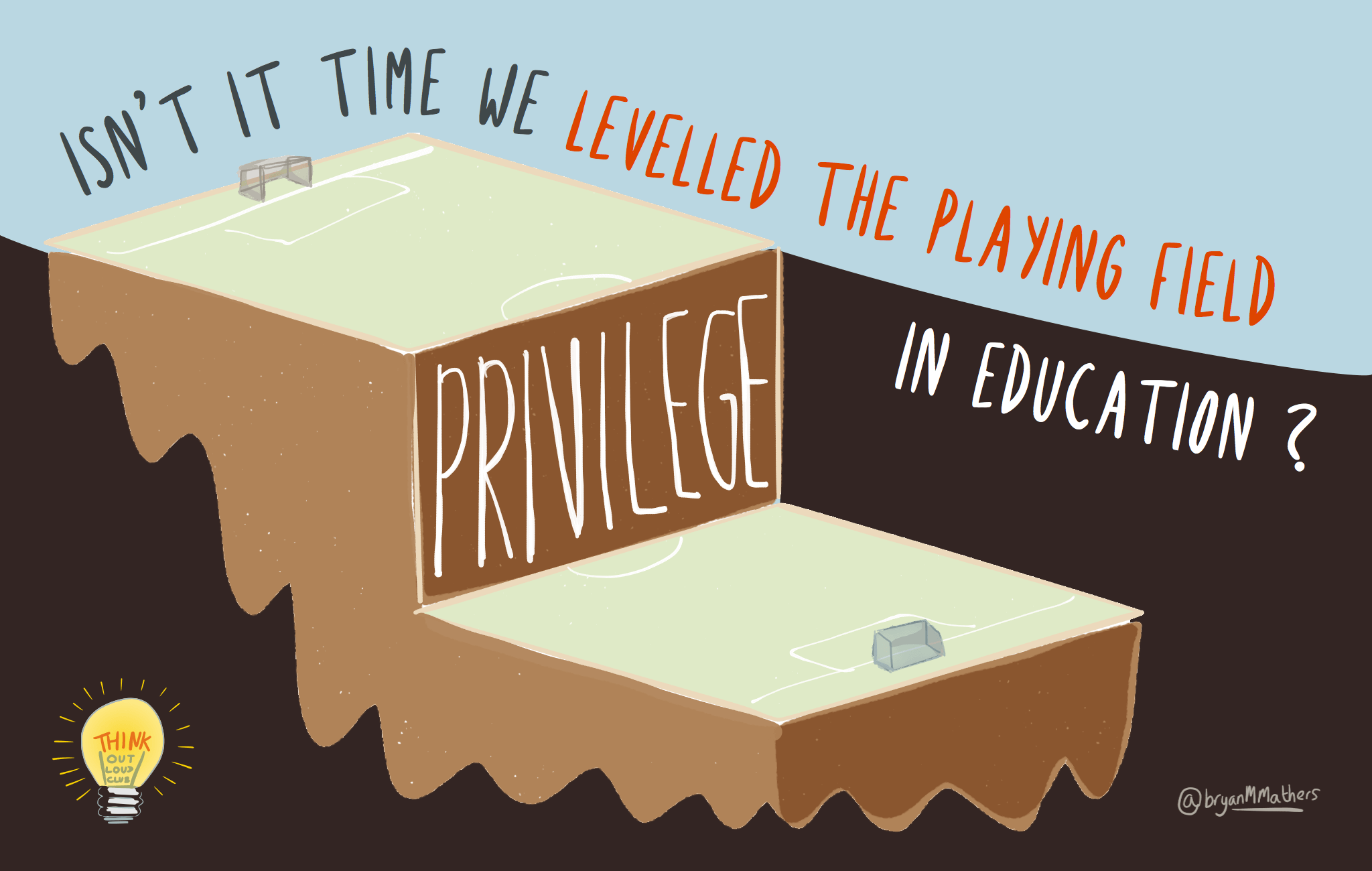No easy answers
In the early days of new ‘disruptive’ technologies (see MOOCs, blockchain, Open Badges…) the rhetoric is always about how one thing will replace something else, democratise a system, and/or reduce costs. While the latter is usually true, unfortunately what tends to happen is that existing power dynamics, far from being disrupted, are reinforced.
I’m thinking about these things after conversations with a whole range of people about Project MoodleNet — including one with Stephen Downes yesterday. There’s no such thing as a neutral system, so every time you design a new technology-based system, you’re designing to reinforce or subvert existing power structures.
Take, for example, private schools and elite universities. There’s a vested interest for almost everyone in their ecosystem to maintain their status. After all, if the reputation of the school or university is tarnished, the value of the credential earned by an individual from that institution could be reduced by implication.
That reduction in a credential’s value wouldn’t be so significant if the time for which it is deemed relevant were shorter than, say, a lifetime. I earned a doctorate from a top-tier university just over five years ago, a Masters degree fifteen years ago, and a Bachelor of Arts degree a year before that. At what point should these be deemed to have ‘expired’. Should they? It’s an interesting question, and may depend on discipline.
Back to designing technological systems, and the immediate and pressing question is over how to gain traction. The easiest way of doing this, of course, is to appeal to existing and entrenched privilege. You scratch my back and I’ll scratch yours: I’ll give you privileged status in my new system if you allow me to lean on your existing reputation.
What’s the opposite of that? Well, I guess it’s the approach that was attempted in the early days of Open Badges. In other words, create an ecosystem that puts everyone on an equal playing field, and see what happens. Interestingly, while the existing status quo (awarding bodies, universities, professional organisations) have used it to shore-up their position, there’s also new players.
Ideally, I’d like Project MoodleNet to work for everyone. I’d like the teacher in a developing country with few resources to be able to get the same amount of kudos and recognition as the educator in an elite university. The difficulty, of course, is designing a system that doesn’t feel like it’s stacked in favour of one over the other…
Image: Levelling the Playing Field by Bryan Mathers shared under a CC BY-ND license

